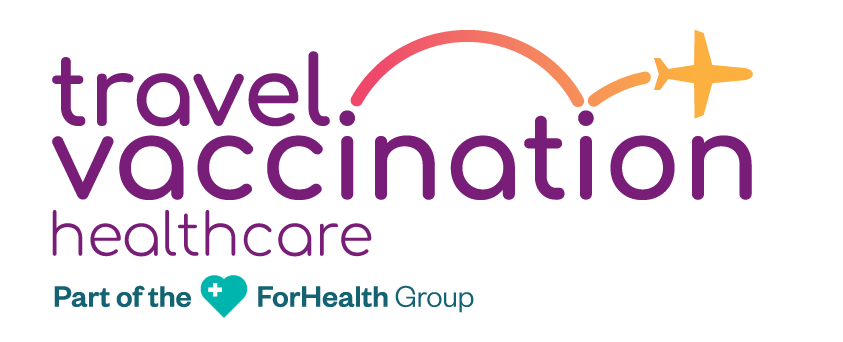Special purpose travel
Some travellers including scuba divers, travellers returning home to family abroad, sport tours, extreme sport and long-term travellers will have specific travel health needs while aboard. For specific information about Special Purpose Travellers, please refer to the following information or discuss with one of our travel health professionals during your comprehensive travel consultation.
Scuba Divers
Malaria exists in several diving “hot-spots” in the South Pacific (eg. Vanuatu, PNG). Divers MUST NOT use Mefloquine (Larium) to prevent malaria as it may reduce co-ordination and other nerve functions. Divers tend to travel more frequently to more exotic locations, hence it is very important to have all recommended vaccinations.
Returning Home
to Family
Many Australians have family overseas (eg in their home-country) where they may have previously lived. The natural immunity that may have been present years ago often becomes reduced after spending some years in Australia. The risk is further increased for trips longer than 2-3 weeks, especially if staying in local-style accommodation. Hence it is VERY important to have vaccinations when returning “home” to see friends and relatives (even though there may not have been a risk when living overseas initially).
Sports Tours,
Caving and Cycling
Those participating in combat sports must have Hepatitis B vaccination. Bats in caves and dogs chasing bicyclists make Rabies a significant risk. This vaccine requires 3 injections spread over 1 month before departure. Adequate travel insurance covering all sporting activities is vital for sports people.
Travellers to
High Altitude
Most people who ascend rapidly to heights above 2500 metres (8200 ft) have a period of unpleasant acclimatisation. During this time they may have a variety of symptoms, the most prominent of which are headache, lassitude, insomnia, loss of appetite, nausea and vomiting. (Children cannot express these symptoms). These symptoms are collectively referred to as acute mountain sickness (AMS). Acute mountain sickness is a preventable and potentially serious disease. Travellers to the Himalayas, Tibet, the Andes, Mount Kilimanjaro and Mount Kenya, or the Rocky Mountains should be aware of AMS.
Long-term
Travellers
Those travelling for extended periods to developing countries or tropical regions are at more risk of developing diseases specific to that area. Detailed local information is beyond the scope of this guide. Those who are living or working overseas may benefit from speaking to local health authorities prior to departure and also while away. Beware of obtaining anecdotal advice from other expatriates, as this may not be accurate.
Examples of
Rare Diseases
Trypanosomias (sleeping sickness) – “sleeping sickness” spread by tsetse fly, widespread in Africa, but more recently found in tourist areas of Serengeti National Park (Tanzania). Prevented by insect repellents (eg. Bushman’s Gel)
Schistosomiasis (bilharzia) – infection is through freshwater rivers and lakes commonly in southern Africa. Prevention by avoiding swimming in freshwater lakes (eg Lake Malawi)
Plague, Chagas Disease, Tick-borne Encephalitis (etc) are examples of very rare diseases which may be of relevance to specific travellers who live in endemic areas.
